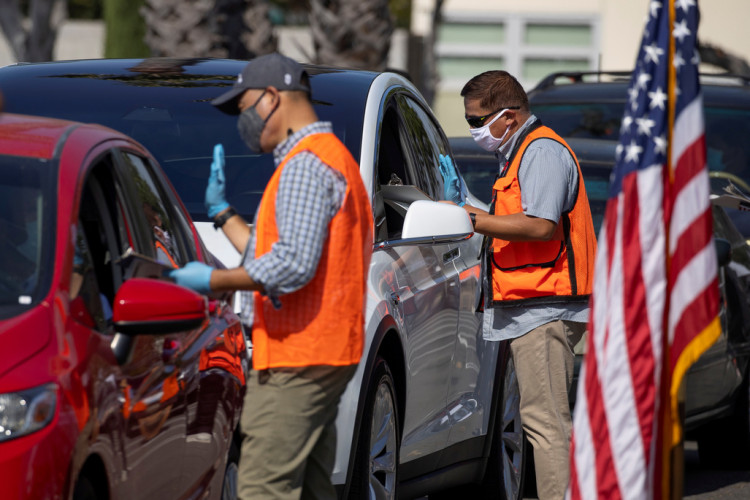A divided panel of federal appeals court judges late Tuesday continued to block Texas from enforcing its controversial immigration law, known as SB4, while the court weighs the measure's legality. In a 2-1 decision, the 5th Circuit Court of Appeals denied Texas' request to suspend a lower court order that found SB4 unconstitutional and in conflict with federal immigration laws.
The ruling means that, pending further court action, Texas remains prohibited from arresting and jailing migrants under SB4, which would criminalize unauthorized immigration at the state level. The law, passed by the Texas legislature last year, would create state crimes for entering or reentering the state from Mexico outside an official port of entry, actions that are already illegal under federal law.
Under SB4, law enforcement officials at the state, county, and local levels would be authorized to stop, jail, and prosecute migrants suspected of violating these new state criminal statutes. The law would also allow state judges to order migrants to return to Mexico as an alternative to continuing their prosecution.
Texas officials, including Governor Greg Abbott, have touted SB4 as a necessary tool to combat illegal immigration, accusing the Biden administration of not doing enough to deter migrants from entering the U.S. illegally. However, the law has faced withering criticism from migrant advocates, the Biden administration, and the Mexican government, which has denounced SB4 as "anti-immigrant" and vowed to reject migrants returned by the state.
In its lawsuit against SB4, the Biden administration argued that the state measure jeopardizes diplomatic relations with Mexico, ignores U.S. asylum law, and obstructs immigration enforcement, which has long been a federal responsibility.
Chief 5th Circuit Judge Priscilla Richman, writing for the majority, appeared to agree with the Biden administration's arguments. "For nearly 150 years, the Supreme Court has held that the power to control immigration-the entry, admission, and removal of noncitizens-is exclusively a federal power," she wrote.
"Despite this fundamental axiom, S. B. 4 creates separate, distinct state criminal offenses and related procedures regarding unauthorized entry of noncitizens into Texas from outside the country and their removal," Richman added.
Judge Irma Carrillo Ramirez joined Richman in voting to block the law, while Judge Andrew Oldham dissented, arguing that the law should not be blocked in full because of hypothetical concerns about how it would be enforced.
"Because of the federal government's struggles to control immigration, 'the state is forever helpless' to respond if it cannot legislate on the issue," Oldham wrote in his dissent. "Texas can do nothing because Congress apparently did everything, yet federal non-enforcement means Congress's everything is nothing."
The 5th Circuit has scheduled a hearing for April 3 to consider the question of whether SB4 is lawful and constitutional. Texas could potentially ask the Supreme Court to allow the law to go into effect in the meantime.
The dispute over SB4 is the latest clash between the Biden administration and Texas over immigration enforcement on the U.S.-Mexico border. Governor Abbott has mounted an aggressive state border operation, busing tens of thousands of migrants to major cities and fortifying areas near the Rio Grande with razor wire, barriers, and National Guard troops.
As the legal battle over SB4 continues, the fate of the controversial immigration law remains uncertain. The 5th Circuit's decision to keep the measure on hold while it considers the law's constitutionality underscores the ongoing tension between state efforts to enforce immigration law and the federal government's longstanding authority over immigration matters.






